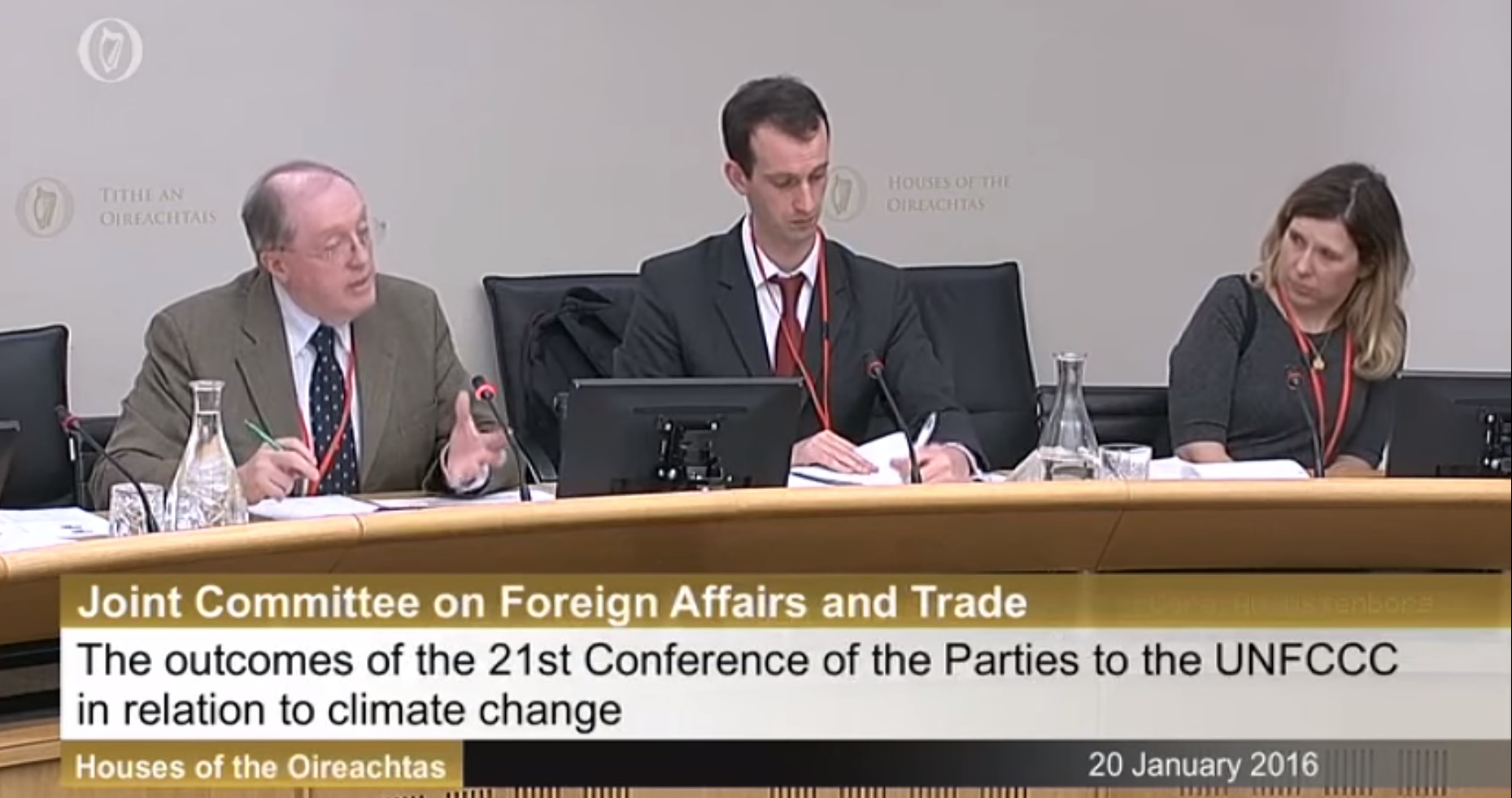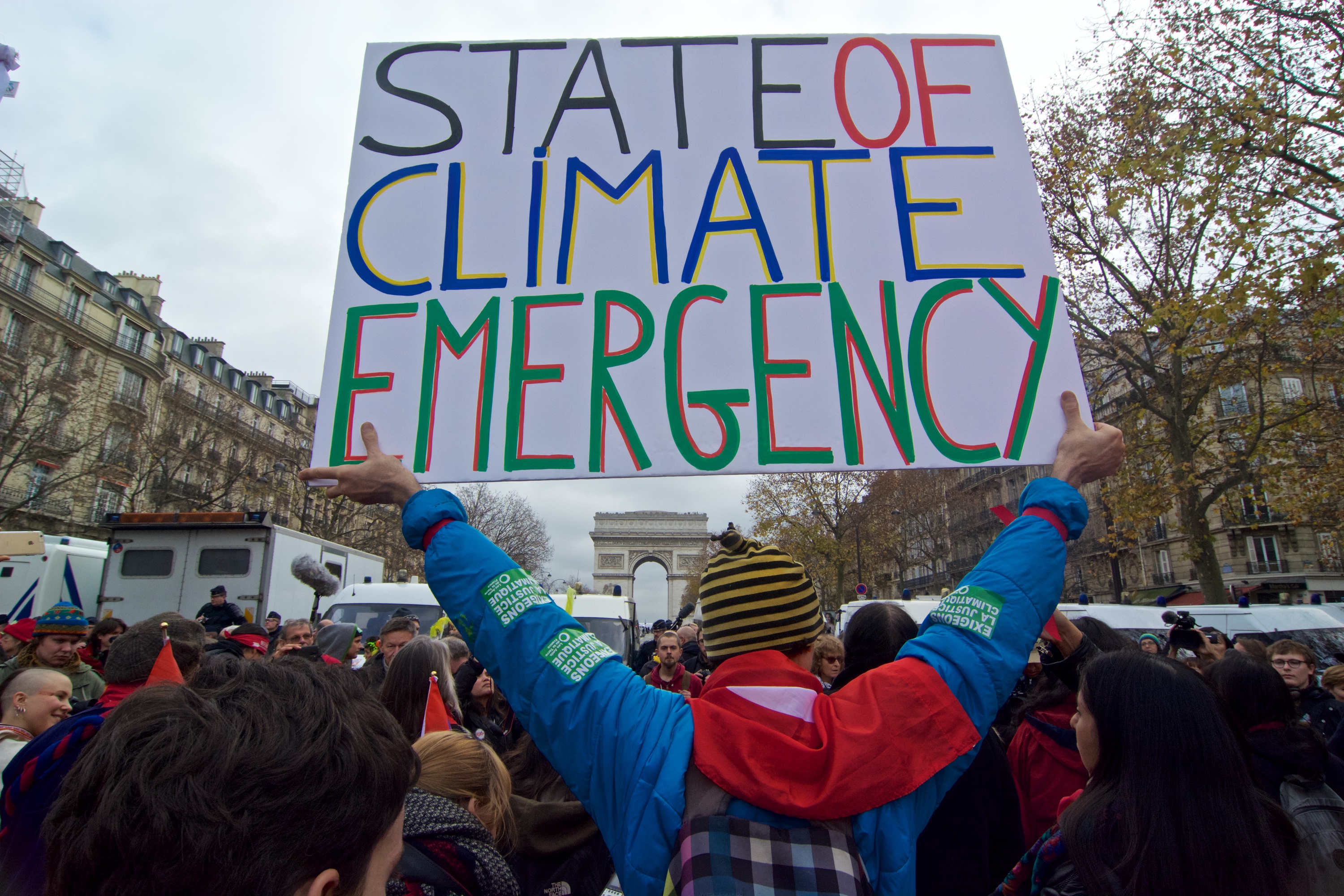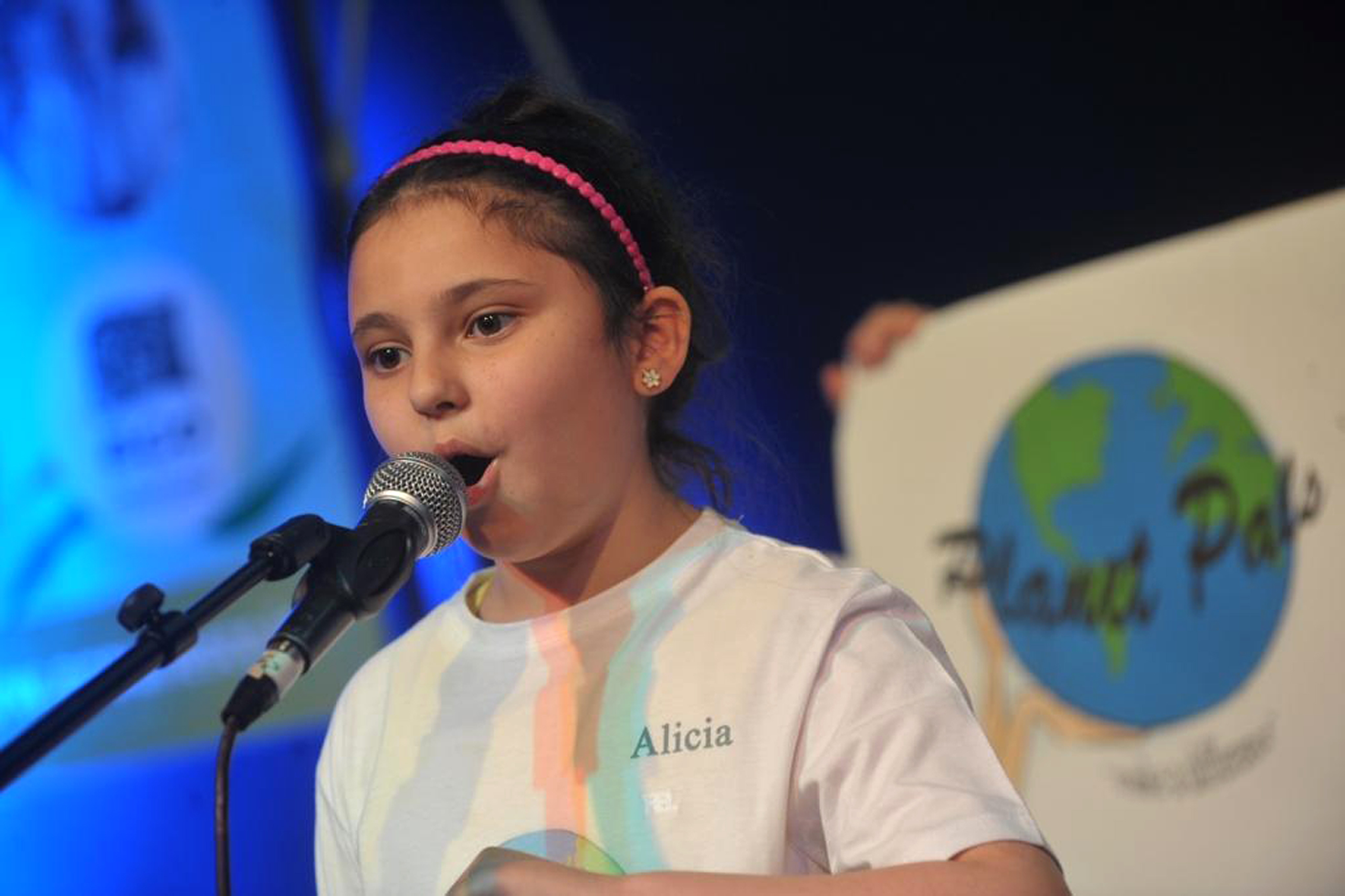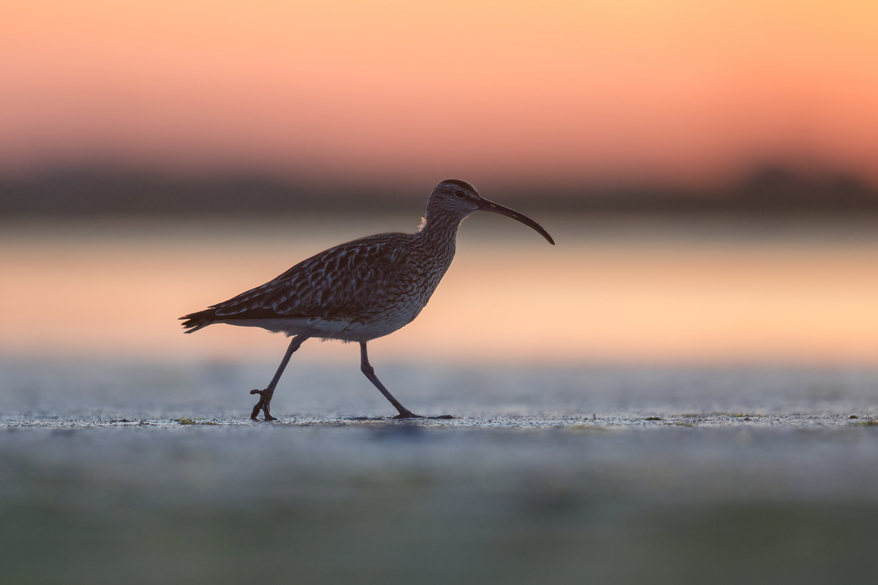Tipping points, runaway warming, and the art of climate communication

August 10th, 2018
The fingerprints of climate change are clear this summer and public debate is catching up with climate science, bringing renewed opportunity to connect and communicate with new audiences, writes Joseph Curtin.
Earlier this week, I was interviewed on Ireland’s “most listened to” radio programme about runaway climate change and so-called “climate tipping points”, in response to the Stockholm Resilience Center report on “Trajectories of the Earth System in the Anthropocene”, commonly referred to as the “Hothouse” report.
A news story about the interview was subsequently published by RTE, the national broadcaster. It’s challenging doing an interview like this with 5 minutes notice, especially on a slightly off-piste topic (I prefer to talk about change policy rather than the science itself), but it’s made a lot easier when the interviewer (Brian Dobson in this case) asks insightful questions.
A few points struck me subsequently. First, there is nothing new in this report. In fact, I’ve heard Prof Hans Joachim Schellnhuber of the Potsdam Institute for Climate Impact Research (PIK) make these same points with equal force over a decade ago.
“We are seeing clear fingerprints of climate change in the world around us, and the reality is hitting home”
This is a literature review with a cogent narrative, rather than an original contribution to the debate. The question thus arises: why has it garnered such public attention? (It received very prominent coverage from international media, including BBC, CNN, ABC News, Al Jazeera, the Guardian, etc.)
My answer is two-fold. First, right now we are seeing clear fingerprints of climate change in the world around us, and the reality is hitting home. Public debates seem finally to be catching up with the three decades of climate science.
The second point is that the report was communicated effectively, with the term “Hothouse Earth” prominently featured in all media hits.
These two factors combined together to have a powerful effect.

Joseph Curtin speaking at Citizens Assembly on climate change Photo: Niall Sargent
During the heatwaves that have dominated Northern Hemisphere weather over the past months, citizens can feel what a “hothouse earth” might be like as they read media reports, and there is, therefore, a tangible connection to their daily experience.
This suggests that as the evidence of climate change becomes more and more obvious in the world around us, there will be an opportunity to engage the public in a far more profound way than has been possible up to now. It’s important that this opportunity is not spurned.
We must try to avoid a new pitfall: it would be a real shame if reports such as this encouraged people to skip from scepticism about climate change straight to hopelessness—the assumption that we are all doomed. Instead, climate science must inspire us to act, to actually do something to reduce emissions and to avoid the most nightmarish possible futures.
The positive news is that we seem to be entering a new phase of the climate debate, and opportunities to engage, connect and communicate with new audiences will present themselves.
By Joseph Curtin
 Joseph is a researcher for the Institute of International and European Affairs and University College Cork on climate change and economics. He sits on the Climate Change Advisory Council. A version of this article is on Joseph’s website here.
Joseph is a researcher for the Institute of International and European Affairs and University College Cork on climate change and economics. He sits on the Climate Change Advisory Council. A version of this article is on Joseph’s website here.






